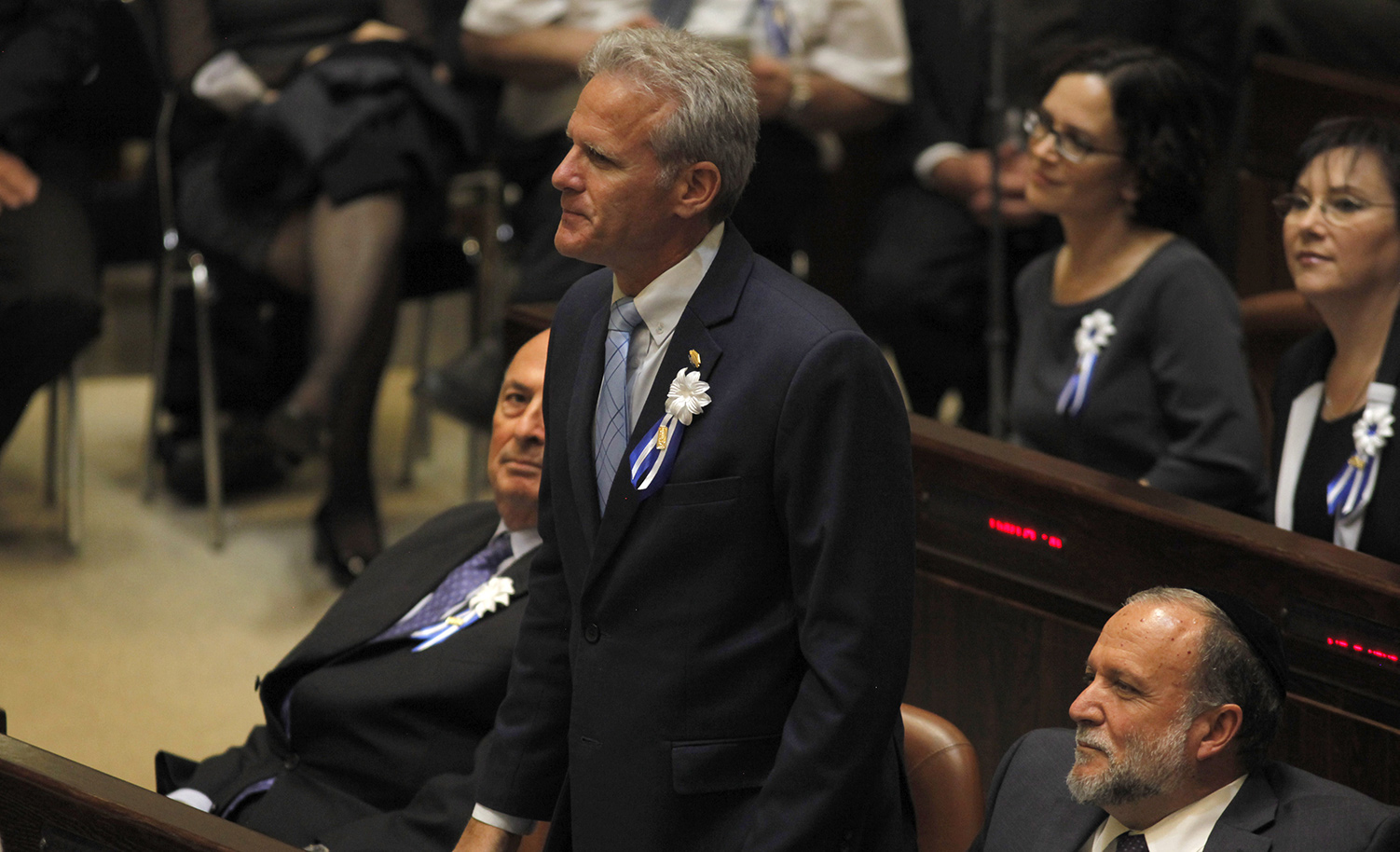This Week’s Guest: Michael Oren
Very few contemporary public figures have had as many successes in as many fields as Michael Oren. A writer-statesman in the model of Thucydides, Oren was Israel’s ambassador to the United States during the Obama years, and was before that a historian of the Jewish state, the author of perhaps the best single book on the Six-Day War. He’s also worked in think tanks, been a professor at Ivy League institutions, and served as an MK in the Israeli parliament. Now, with the recent publication of The Night Archer, a collection of short stories, Oren returns to the genre of fiction, a pursuit that animated his younger years.
This week on the podcast, Oren joins Mosaic’s editor Jonathan Silver to discuss how his varied career fits together—how the writing of fiction relates to the writing of history, how the study of history relates to the practice of diplomacy, how diplomatic service and writing both require the same aptitudes of perception, and how all of this came together in the service of Zionism and the state of Israel.
Musical selections in this podcast are drawn from the Quintet for Clarinet and Strings, op. 31a, composed by Paul Ben-Haim and performed by the ARC Ensemble.
This podcast was recorded over Zoom at a virtual event for members of the Tikvah-Beren Collegiate Forum. You can learn more about the Forum here.
Excerpt (4:08-5:48)
Fiction is the freedom to engage with the human condition, and it’s a freedom that’s very often being challenged now, typically in the United States with cancel culture, where artists and writers can’t write about people who are maybe of different racial backgrounds or of a different sexual orientation or of a different religion, or they’ll get excoriated. It’s the freedom to be anybody, anything, anytime that I want to be. What I do say in the book’s introduction is that it’s not the freedom that I knew as a young person in the 60s and 70s, it’s a very Jewish freedom, and the Jewish notion of freedom is fundamentally different than that youth-rebellion freedom.
Jewish freedom is freedom that comes with constraints, with law. You go from the Exodus from Egypt directly to Sinai and you get the law. The Jewish paradox of freedom is that you cannot be completely free without the constraint, and I think that’s one of the great gifts of the Jewish people to civilization. It becomes hardwired into the Founding Fathers’ generation in the United States, into the Constitution of the United States—it’s exactly what the Constitution is. You want freedom? You’re going to have to have checks and balances.
Fiction writing is exactly that, particularly short-fiction writing. In the short story, the writer has to do in three pages what a novelist does in 300. You have to develop the plot, the characters, the dramatic tension, the dialogue, the descriptions. It’s the haiku of fiction. So I have this freedom of being anything anywhere anytime I want to be, but it comes with tremendous discipline. And this is something I learned at an early age as a poet firstly, and later as a fiction writer and a playwright, it’s the economy of language. It comes to us through a Jewish legacy.
More about: Arts & Culture, Fiction, Israel & Zionism







